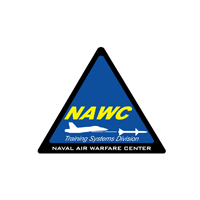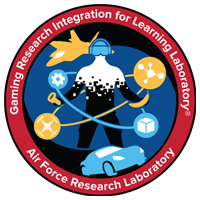ATLAS Lab Research Areas
Human-Autonomy Teaming (HAT)
The ATLAS Lab studies human-autonomy teaming from multiple perspectives including how to design autonomous systems and operator interfaces to facilitate effective performance, including eliciting appropriate levels of trust by the human in its autonomous counterpart, and facilitating the development of situation awareness and effective decision making. Example projects include:
- Multilevel Framework of Trust Dynamics in Human-Agent Teams (HATs). Currently funded by the Air Force Office of Scientific Research's (AFOSR) Trust and Influence program, this effort is developing a Multilevel Framework of Trust Dynamics in Human-Agent Teams (HATs) and associated unobtrusive measures of trust. This effort has conducted experiments examining the influence of different characteristics of trust violations and repair strategies on agent trust, and how various compilational patterns of these events across agent teammates impacts trust in each agent and the team as a whole. Experimentation utilized the Multi-Agent Team Trust Emergence Research (MATTER) testbed, developed in collaboration with the AFRL's Gaming Research Integration for Learning Laboratory (GRILL), that simulates multiple autonomous aerial and ground vehicle agent teammates. The outcomes of this project aim to inform the design, implementation and training of HAT agents and human teammates.
|
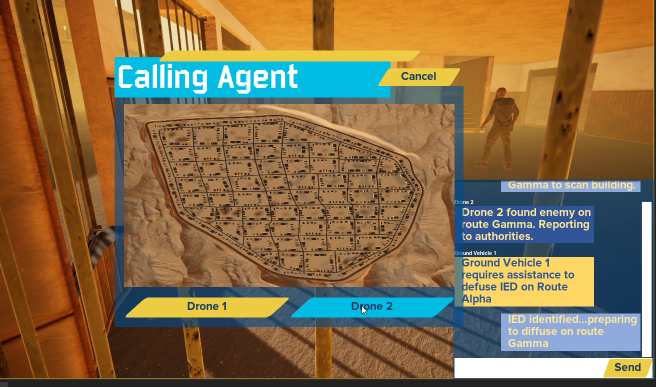
|
|
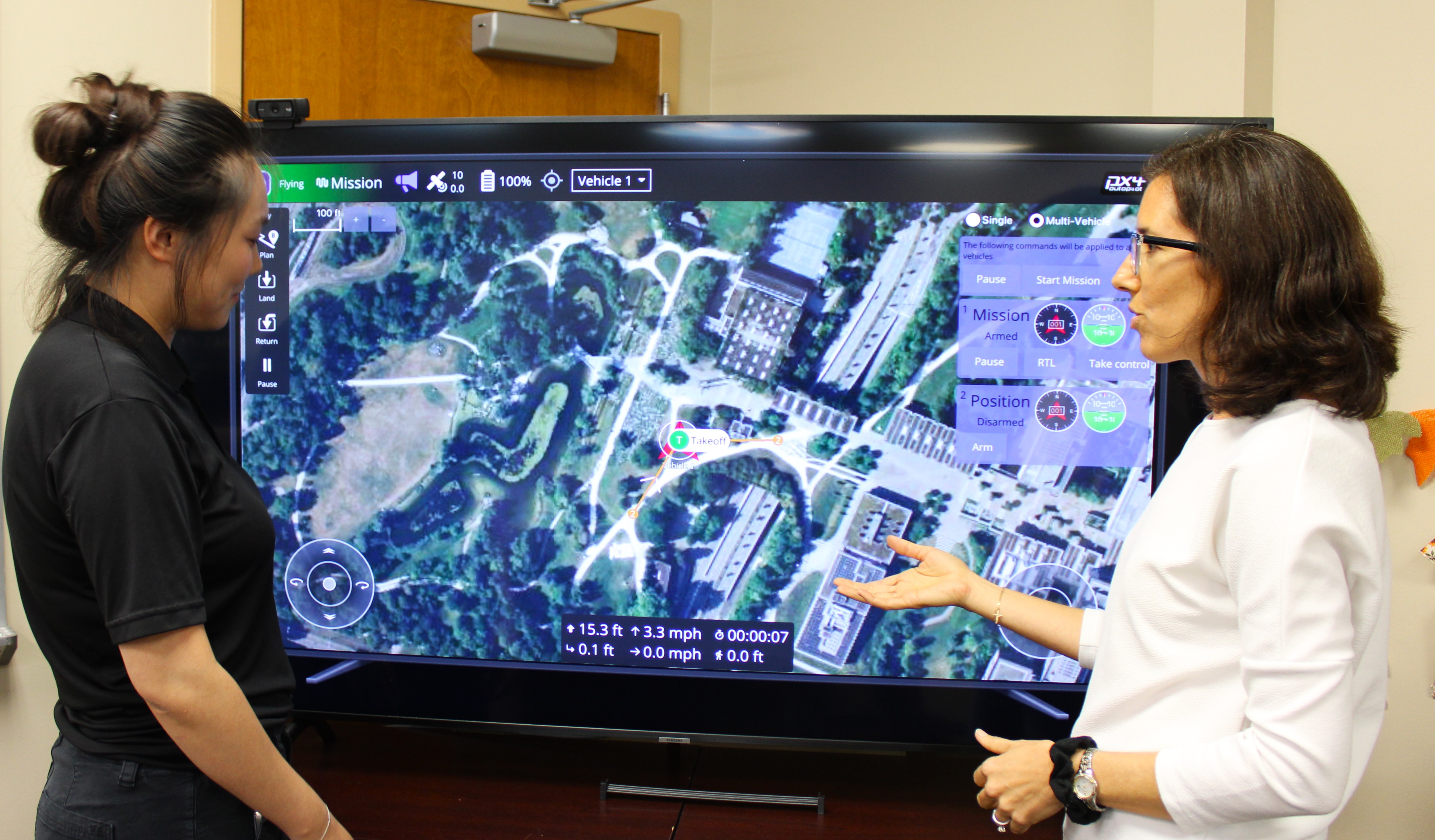
|
- User-Centered Design of Multiple Unmanned Aerial Vehicle (Multi-UAV) Ground Control Station. Currently funded by NASA Langley Research Center (NASA LaRC), this effort is conducting user-centered design of a multi-vehicle ground control station for an Advanced Air Mobility (AAM) concept of operations. This research effort will include conduct of user needs analysis with operational users from NASA LaRC's Remote Operations for Autonomous Missions (ROAM) UAV Opreations Center, and iterative design, prototype development and empirical evaluation of multi-vehicle control station design concepts.
|
|
- Multi-Unmanned Aerial Vehicle (UAV) Simulator for Teaming Research and Evaluation of Autonomous Missions (Multi-UAV S.T.R.E.A.M.). A collaborative effort with the AFRL's Gaming Research Integration for Learning Laboratory (GRILL) that resulted in development of a virtual environment that allows the study of human-machine teaming elements such as team composition, team dynamics, trust in autonomous decision making, trust repair strategies, levels of autonomy, and multi-UAV management.
|
-612x408.jpg)
|
|
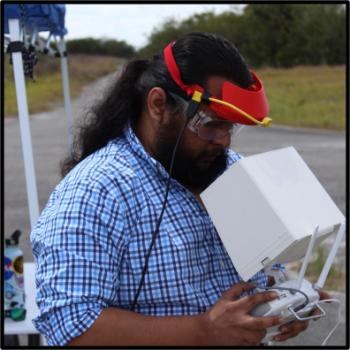
|
-
Unmanned Aircraft System (UAS) Heads-up Displays (HUDs) for Emergency and Commercial Operations. This effort aimed to support Part 107 UAS operations, particularly for emergency operations, through heads-up displays (HUDs). The first phase consisted of a simulation-based search and rescue mission to assess operator situation awareness, workload, and performance. The second phase assessed HUDs in live settings utilizing Epson Moverio augmented reality glasses with undergraduate students and local first responders to determine the efficacy of these tools in the field.
|
| |
|
Urban/Advanced Air Mobility (U/AAM)
The ATLAS Lab has been conducting research into the human factors implications associated with UAM and AAM since 2020, with a focus on novel pilot interfaces and training for the next generation of electric vertical takeoff and landing (eVTOL) aircraft. Example projects include:
|
- electric Vertical Takeoff and Landing (eVTOL) Battery Information Display Design Concepts. This effort examined battery information requirements of future eVTOL operators through a series of interviews with eVTOL test pilots and electric propulsion engineers, resulting in a set of information requirements and subsequent interface prototypes. These prototypes were refined with input from subject matter experts and are currently being evaluated in a vignette-based study in which pilot participants utilize dynamic prototype displays to make aeronautical decisions.
|
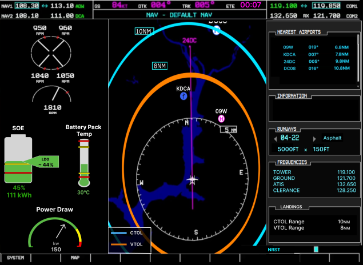
|
|
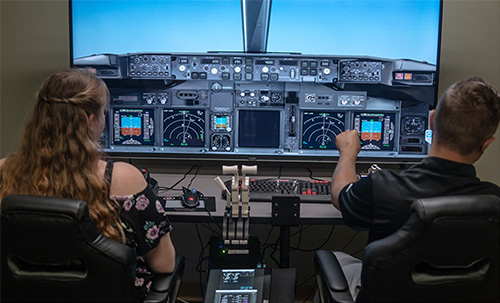
|
- Impact of Levels of Automation on Pilot Situation Awareness, Workload and Decision Making in Urban Air Moblity Operations. This simulation-based experiment, which is currently underway, will investigate the effects of the level of automation (LOA) on pilots’ cognitive functioning in an Urban Air Mobility (UAM) flight, in both nominal and off-nominal circumstances. Specifically, the study will examine differences between Human On The Loop (HOTL; e.g., pilot with supervisory control) and Human Over The Loop (HOVTL; completely autonomous vehicle).
|
- Impact of Immersion on Presence, Engagement, Emotional State, and Stress in a Virtual Urban Air Mobility Piloting Context. This simulation-based experiment, which is currently underway, will examine the effect of two distinct dimensions of immersion, content immersion (i.e., by creating context via an immersive story), and technological immersion (i.e., via a VR headset) on a participant’s presence, engagement, emotional response, and stress in a virtual urban air mobility (UAM) piloting context. The goal is to determine effective ways of eliciting stress and emotional responses synonymous with those that might be experienced as pilots train to perform in this new, and seemingly higher-risk performance context.
|
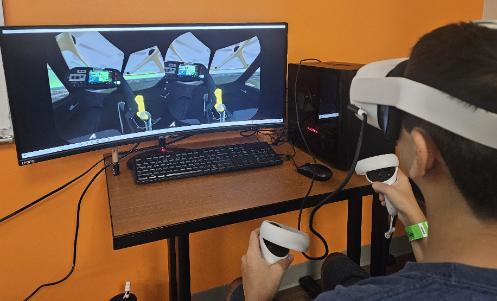 |
|
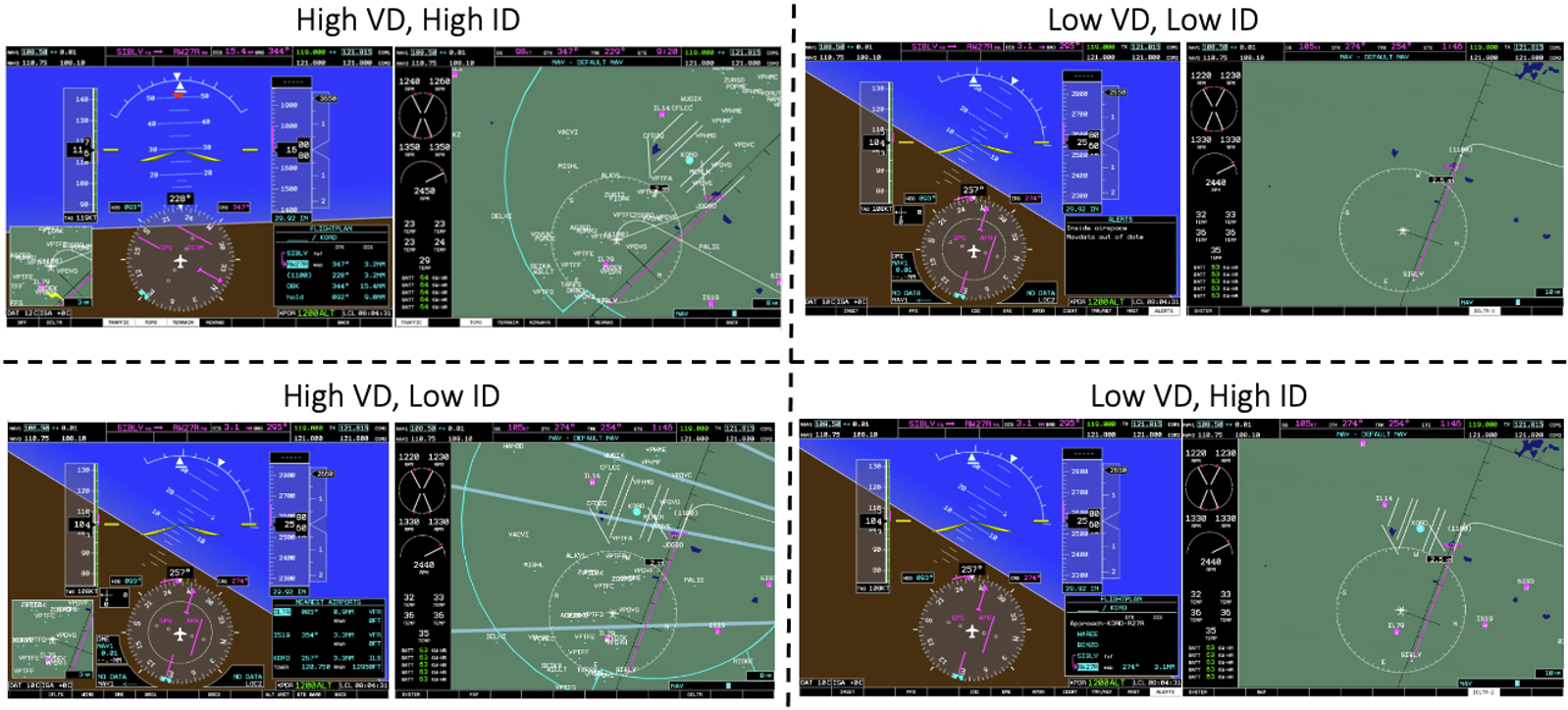
|
- Evaluating the Influence of eVTOL Pilot Interface Visual Density and Information Density on Pilot Situation Awareness, Workload, and Search Performance. This study examined the effect of visual density (quantity of information) and information density (ratio of relevant information) on an eVTOL pilot's situation awareness, workload, and search performance during simulated approaches, providing insight for the design and implementation of simplified displays for eVTOL operations.
|
Learning and Expertise Development
The ATLAS Lab examines instructional strategies and assessment approaches that can be utilized to increase learning outcomes such as learner engagement and motivation, and knowledge, skill, and expertise development. Example projects include:
-
Adaptive Training Evaluation. Currently funded through the Naval Air Warfare Center Aircraft Division (NAWCAD), this effort is working in collaboration with the Naval Air Warfare Center Training Systems Division's (NAWC TSD) STRIKE Lab to study the effectiveness of adaptive training strategies that adapt flight simulator scenario difficulty based on performance and/or mental effort. Through a series of simulation-based experimental studies with pilot participants, the impact of various adaptive training strategies on learning gains and mental effort is being examined.
|
 |
|
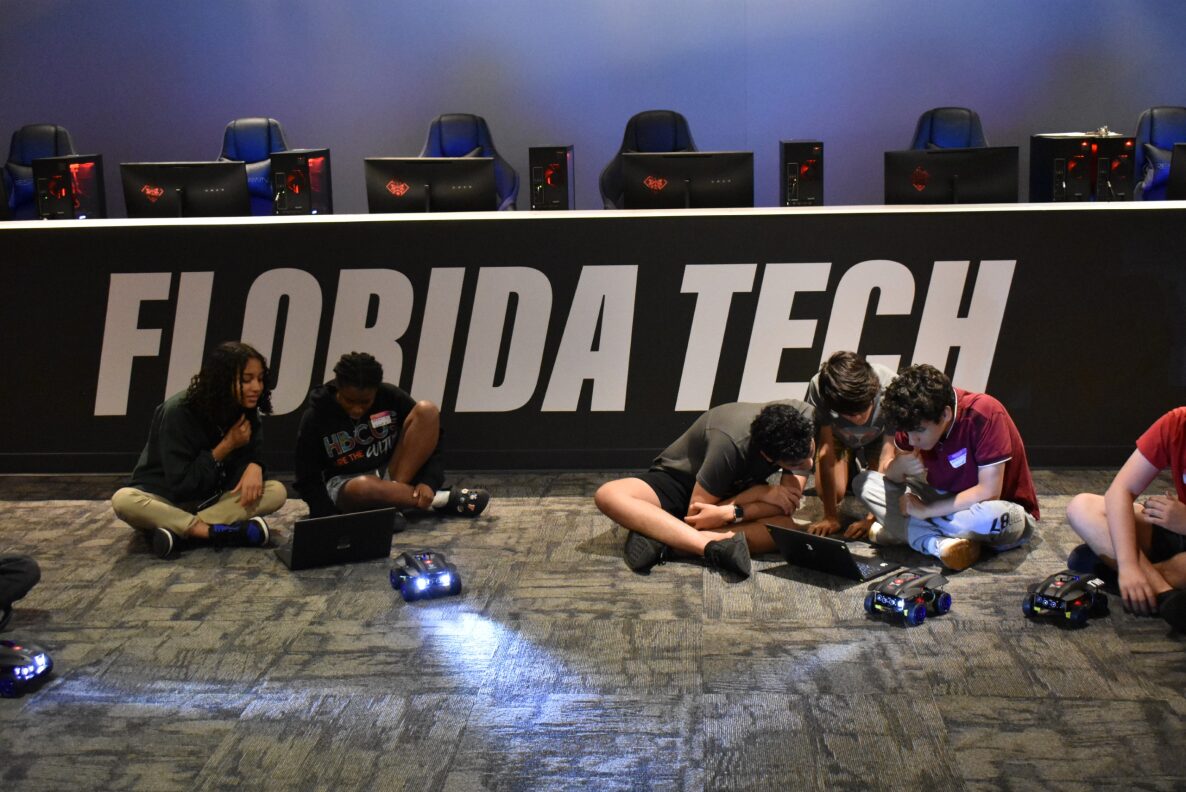
|
- Educational Approaches and Curriculum to Engage and Educate a More Diverse Cybersecurity Workforce. Recently funded by the Offcie of Naval Reasearch (ONR), in collaboration with Florida Tech's IoT Privacy and Security Lab, this effort developed, implemented, and empirically evaluated an introductory cybersecurity training curriculum for high school students with impactful STEM educational experiences. The course integrated instructional strategies shown efficacious for educating under represented minorities in STEM with fun and interactive Internet of Things (IoT) platforms, such as remote control cars and Game boy emulators, to create meaningful learning experiences. The short course curriculum was empirically validated to improve cybersecurity knowledge and increase student self-efficacy and interest in under represented minorities, closing a pretraining gap that existed prior to participation.
|
Cognition and Decision Making
The ATLAS Lab studies how individuals make decisions under stress and uncertainty. This includes utilizing physiological measures to assess stress and workload, in hand with granular process-level measures of decision making and performance. It has also resulted in development of a model of how pilots make decisions with conflicting information. Example projects include:
- Pilot Response to Conflicting Information. Federal Aviation Administration (FAA)-funded research effort that examined, from a theoretical and empirical perspective, how pilots respond to information conflicts on the flight deck between certified systems and information presented on the electronic flight bag (EFB). The project included review of literature and safety/accident reports, survey and interview of over 100 general aviation and air transport pilots, and a simulation study with B737 pilots.
|
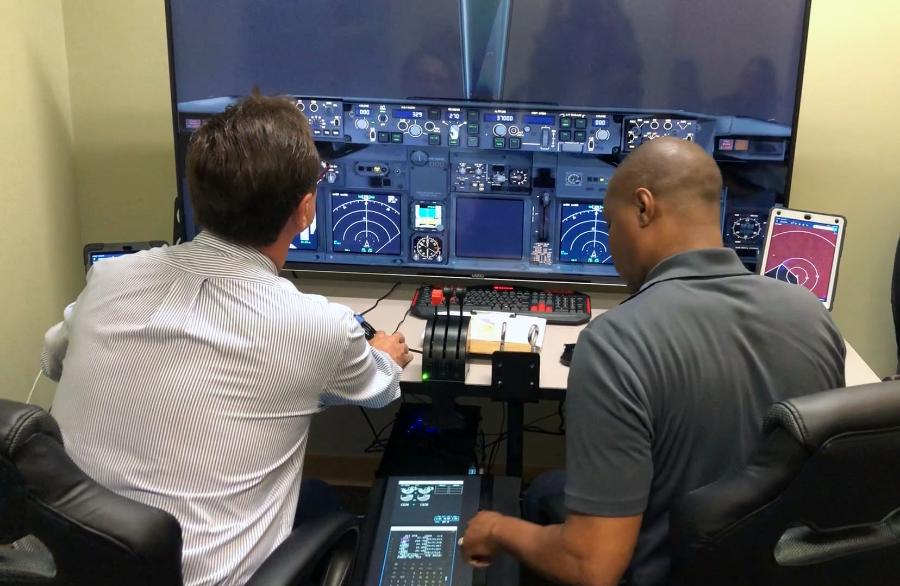 |
Human Performance and Individual Differences
The ATLAS Lab studies the impact that a range of individual difference factors have on cognition, learning and performance, including cognitive ability, personality, motivation, self-efficacy, among others. Example projects include:
|
.png)
|
- Development of a Theoretical Model of Learner Engagement. Previously funded by AFRL, this research effort resulted in identification and empirical validation of framework of individual difference factors which influence learner engagement.
|
|
- Indicators of Student Pilot Success. An archival study was conducted to examine factors which predict success in collegiate a aviation program. Future efforts will conduct a longitudinal study to examine the role that personality traits and other individual difference variables play in pilot selection, performance, and success.
|
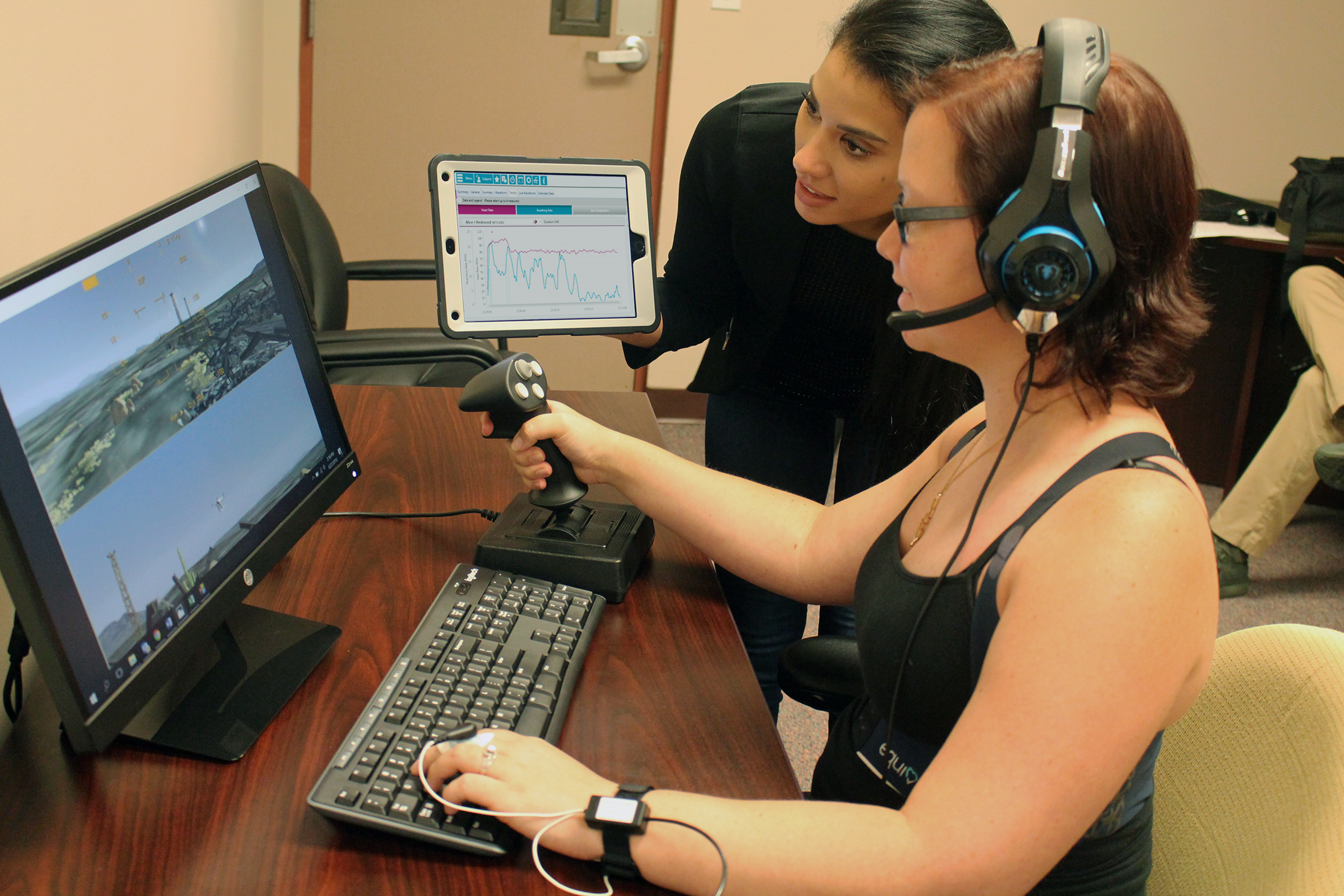 |
Collaborators







